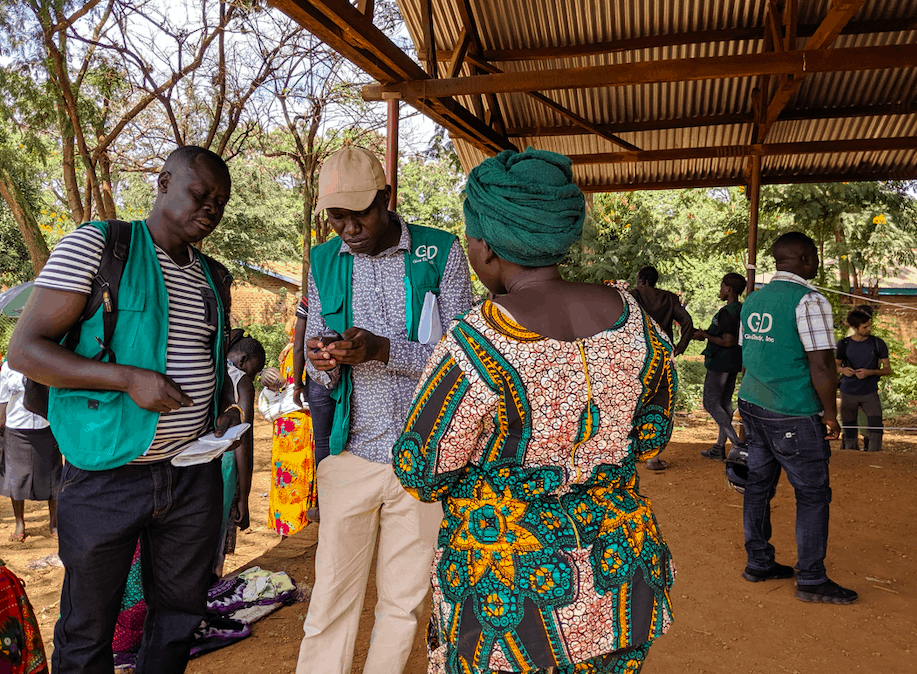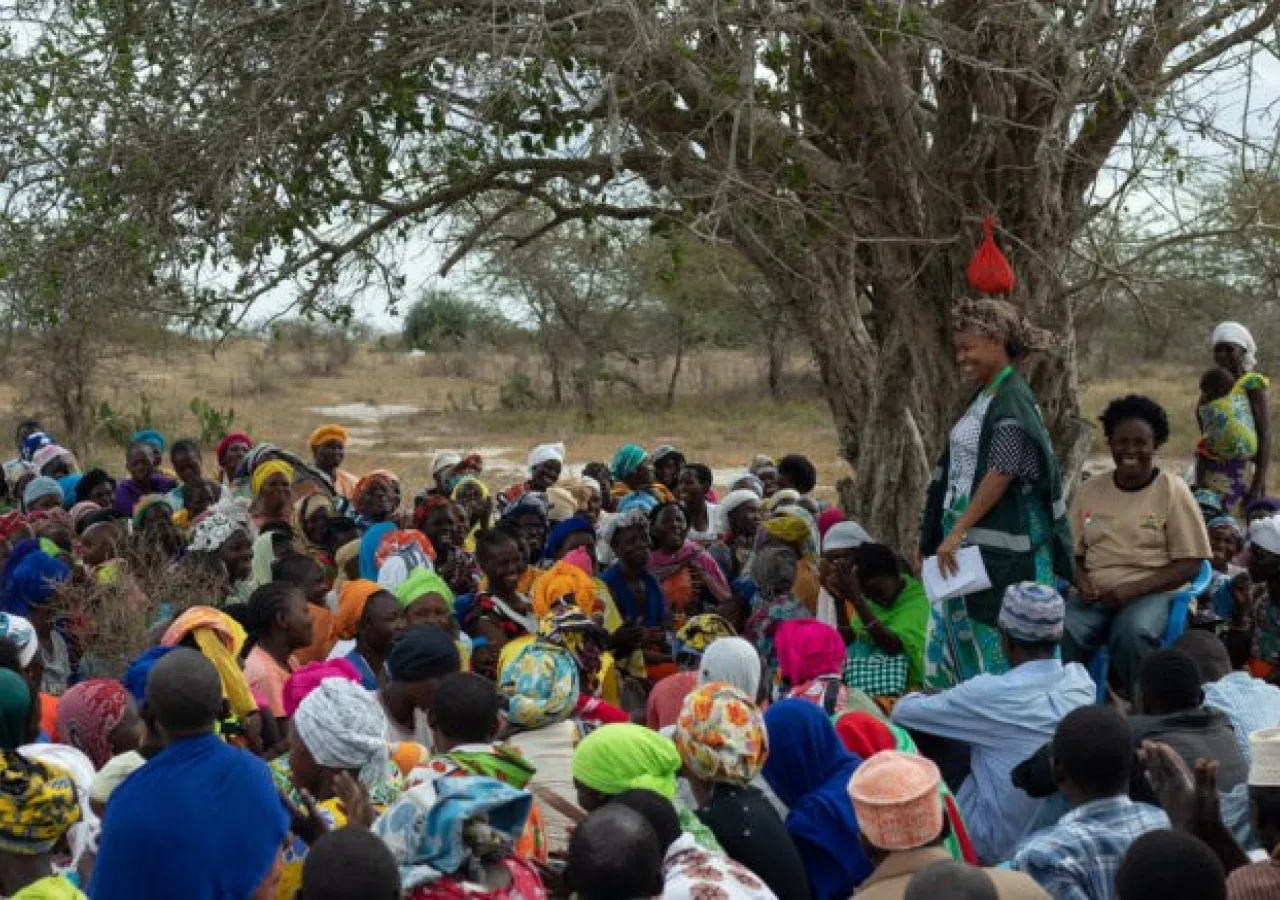GiveDirectly

Location
Uganda
Sector
Social Protection
Type of Investment
Grant
Project Stage
Test & Transition
Length of Investment
2019-2023
Investment Overview
GiveDirectly provides large, lump-sum cash transfers to people living in poverty, allowing them to decide what to invest in without relying on aid organisations. GIF investment enabled GiveDirectly to evaluate the impact of these transfers for people living in refugee settlements in Western Uganda.
The Development Challenge
An estimated 65 million people are currently forcibly displaced from their homes by conflict. Of these, 22.5 million are refugees. Refugees are increasingly living in refugee camps and settlements for prolonged periods: about two-thirds of refugees have been displaced from their home country for five consecutive years or more. However, refugee aid is often premised on short-term solutions (such as emergency food rations). Approximately USD 3.4 billion of international aid is spent supporting long-term refugees through various forms of short-term, in-kind assistance, rather than on longer-term options with potential to help refugees improve self-sufficiency and build sustainable livelihoods.

The Innovation
Traditional refugee aid is typically in-kind forms of relief (food, shelter, clothes) or more recently, small and frequent small cash transfers, both of which essentially service consumption requirements. GiveDirectly have pioneered a model of large lump-sum cash transfers for poverty alleviation, and contributed to an extensive body of evidence which points to significant increases in earnings and assets and investments in nutrition for recipients of cash transfers. The vision is to adapt this model for implementation in protracted refugee settings, to test whether large lump-sum cash transfer, as opposed to traditional forms of aid, can enable refugees to jump start a better life and build sustainable livelihoods. By generating learning and adding to the evidence base, GiveDirectly aims to influence the effectiveness and efficiency of aid money spent in refugee resettlement.
Our Investment
GIF provided a USD 2.1m Test and Transition grant to Givedirectly in 2019 to contribute to their refugee programme in the Kiryandongo Refugee Settlement. This investment would enable GiveDirectly to deliver cash transfers of approximately $1,000 to 14,000 refugee and host community households, and undertake a randomised control trial to evaluate the impact of the programme on a range of outcomes across income, assets, livelihoods, health and nutrition, among others. GIF investment also focussed on dissemination of learnings to influence practitioners, policy makers and donors to consider shifting towards cash transfer as a means of fostering sustainable and durable outcomes for refugees.
Progress to date
In December 2022, GiveDirectly completed the enrollment of 14,274 households, 9,366 from refugee communities and 4,938 from host communities, all of which have now received lump sum cash transfers. The results from the randomised evaluation were released in July 2022, showing significant impacts on monthly consumption, assets, business ownership and revenue for businesses, as well as psychological well-being. Overall, cash transfer recipients increased their consumption by 11% per month compared to those who did not receive the transfer, with large increases in expenditure on food consumption. The value of assets owned increased by, on average 60%. Note these gains were despite the COVID-19 lockdowns which limited economic activity for much of the period between the transfer and the endline survey. These results have been widely disseminated and GiveDirectly is working to expand its refugee programming in Uganda, Ethiopia and Kenya, while continuing to engage key partners such as UNHCR and WFP on the relevance of the findings to their work. GIF’s investment concluded in 2023.
GiveDirectly in numbers
Households receiving cash transfers in Kiryandongo Refugee Settlements
Increase in monthly consumption at endline
Increase in business revenues for cash recipients
Innovating for Climate Resilience
The world’s poorest are particularly vulnerable to the effects of climate change because they are both more dependent on natural resources for their livelihoods and less equipped to adapt and respond, given their limited access to financial resources. Cash transfers can help them build climate resilience by increasing household consumption and providing them with opportunities to invest in assets or save money so they can better cope with adverse climate shocks in the future.